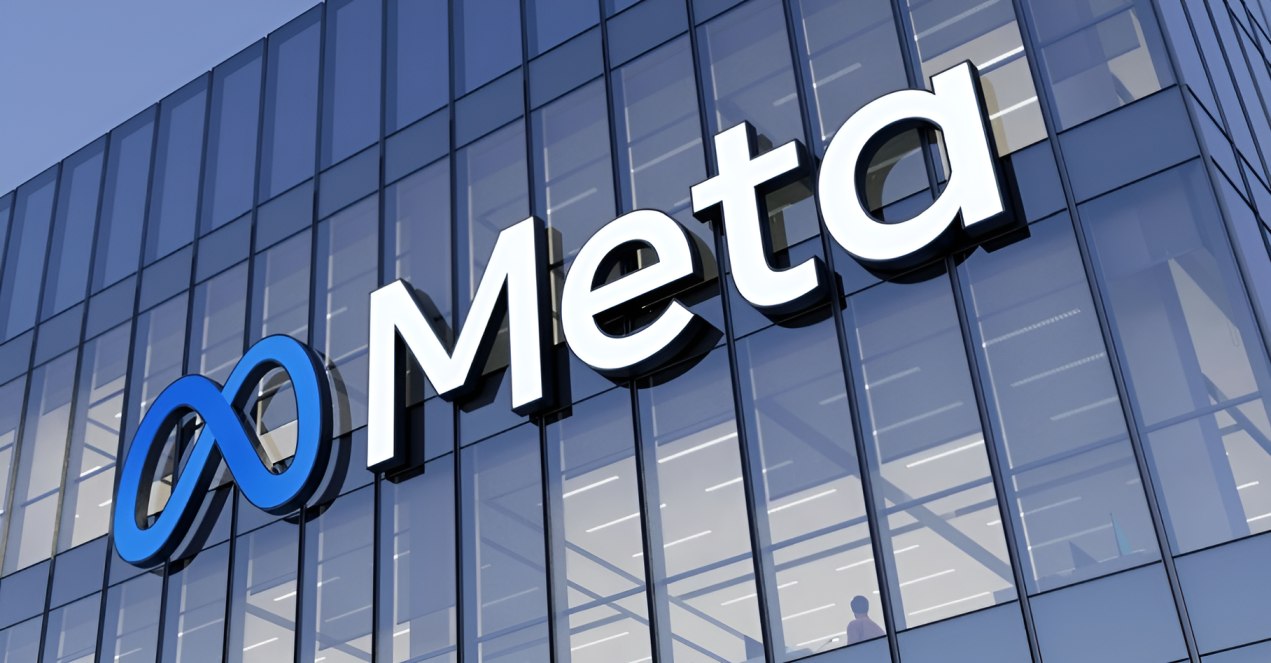Meta is making bold moves and spending heavily in high stakes bid to catch up in the generative artificial intelligence race.
Under CEO Mark Zuckerberg’s direction, the company has been on a recruitment spree, reportedly offering eye-watering incentives to lure top engineers away from rival firms, prompting industry concerns about whether the aggressive approach will pay off.
OpenAI CEO Sam Altman recently voiced frustration over Meta’s reported offers of $100 million in bonuses to AI engineers willing to defect, fueling speculation around an escalating talent war.
While exact numbers remain unclear, a few OpenAI employees have already taken up Meta’s offer and moved to the tech giant’s headquarters in Menlo Park, California.
One of the most notable shifts involved Alexandr Wang, founder and former CEO of Scale AI. Meta finalized a strategic investment in Scale AI in mid-June, acquiring a 49% stake for over $14 billion.
The deal not only gave Meta access to Scale’s advanced data labeling capabilitiesu sed to train AI systems for enterprise and government clients but also brought Wang into Meta’s inner circle to spearhead its “superintelligence” efforts.
"Meta has finalized our strategic partnership and investment in Scale AI," the company confirmed to AFP, adding that the collaboration will deepen their work in AI data production.
Meta is said to be actively pursuing other major players in the AI space, including OpenAI co-founder Ilya Sutskever, Perplexity AI, and AI video startup Runway, according to U.S. media reports.
Sources indicate that Zuckerberg himself is personally involved in the headhunting mission, driven by internal concerns that Meta is falling behind its peers in generative AI innovation.
Evidence of this lag appeared on LM Arena a platform used to benchmark AI models where the latest iteration of Meta’s Llama model underperformed in code generation compared to top competitors.
To address the gap, Meta is consolidating new recruits into a specialized team focused on developing AI systems that can outperform humans in reasoning and comprehension a concept known as superintelligence.
Yet not everyone is convinced. Tech analyst and blogger Zvi Moshowitz acknowledged Meta’s success in attracting high caliber talent but questioned the viability of its strategy.
"There are serious risks in adopting a mercenary approach, especially for a company with products engineers aren't passionate about," he said. "I don’t think it’ll work but maybe Llama will at least improve."
Despite investor excitement over Meta’s strong stock performance the company is nearing a $2 trillion market valuation some institutional investors are raising red flags. Ted Mortonson, strategist at Baird, warned that Meta’s spending spree is creating discomfort, especially with CEO Zuckerberg holding unchecked authority over major decisions.
“There’s essentially no oversight right now,” Mortonson said. “People are starting to worry about how Meta is managing its cash flow.”
Part of Meta’s long-term vision involves using AI to supercharge its core business online advertising.
Executives have floated plans to automate the entire ad process, from content creation to targeting, potentially bypassing creative agencies and offering brands streamlined, AI-driven solutions. However, analysts note that the hiring of AI talent is a future-focused investment, unlikely to show immediate returns.
“You need to build that capability now if you want to be ready for the next wave of AI,” said CFRA analyst Angelo Zino. “But yes, it’s a heavy upfront cost.”
In a surprising twist, The New York Times reports that Zuckerberg is even considering moving away from Meta’s own Llama model and potentially integrating third-party systems instead. Experts suggest this may not be a bad move.
Dr. Mehmet Canayaz of Penn State University argued that Meta doesn’t necessarily need the best large language model to win in the AI race.
“Success may lie in how well the models serve specific platform needs,” he said. “Companies like Meta can thrive by deploying specialized AI agents that perform effectively within targeted use cases.”
For now, Meta’s deep-pocketed AI gamble continues fueled by ambition, guided by Zuckerberg, and watched closely by the rest of Silicon Valley.

